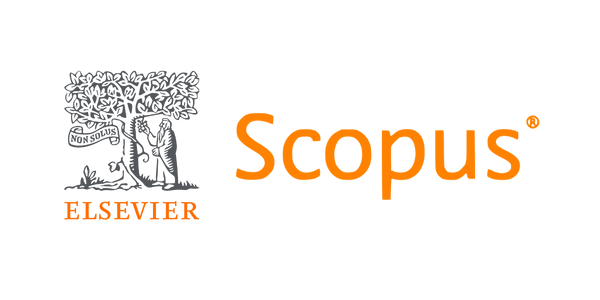Knowledge, Attitude, and Practice of Vitamin D Intake Among Pregnant Women in Calabar: Implications for Maternity Care in the Tropics
DOI:
https://doi.org/10.61386/imj.v18i3.700Keywords:
Knowledge, Attitude, Practice, Pregnant Women, Vitamin D intakeAbstract
Background: Vitamin D is a micronutrient essential for calcium and phosphorus homeostasis. It is required for optimal maternal health, fetal skeletal development, bone formation and good immune function. Though the vitamin is present in many locally available foods, as well as through supplementation and exposure to sunshine, these practices may require adequate knowledge and a good attitude towards vitamin D by pregnant women. This study aimed to assess these parameters among pregnant women in a tropical developing country setting with adequate daily sunshine.
Methods: The study design was descriptive cross-sectional, with pregnant women attending an antenatal care clinic at the University of Calabar Teaching Hospital (UCTH), selected through simple random sampling technique. A structured and pretested questionnaire was used to obtain quantitative data on knowledge, attitude, and practice of vitamin D intake and sunshine exposure. Data was entered and analyzed using SPSS version 25.0. Chi-square, Fisher’s exact, and independent t-tests were employed as inferential statistics to enable us extend results obtained from the sample population to the general population. Level of significance was set at P < 0.05.
Result: Two hundred and twenty-four (224) participants were studied, with a response rate of 95.2%. The mean percentage knowledge score was 28.0 ± 2.6% ranging from 13 to 79.2%. Only one-quarter of the participants had good mean knowledge scores. Most participants (54.9%) had poor attitude. The most commonly consumed vitamin D-rich foods were milk (83.5%), egg yolk (78.6%), yogurt (66.9%) and butter (65.0%). Only 69 (30.8%) participants sometimes took vitamin D supplements.
Conclusion: Most pregnant women had inadequate knowledge, poor attitude, and practice of vitamin D intake and sunshine exposure in the study setting. Antenatal clinic consultations should include health enlightenment on adequate intake of vitamin D rich food, vitamin D supplementation and the need for exposure to sunshine to prevent adverse fetomaternal consequences.
Downloads
Published
License
Copyright (c) 2025 Eyong E, Omoronyia EE, Eyong M, Ekpe L, Ikobah J, Odusolu P

This work is licensed under a Creative Commons Attribution 4.0 International License.









